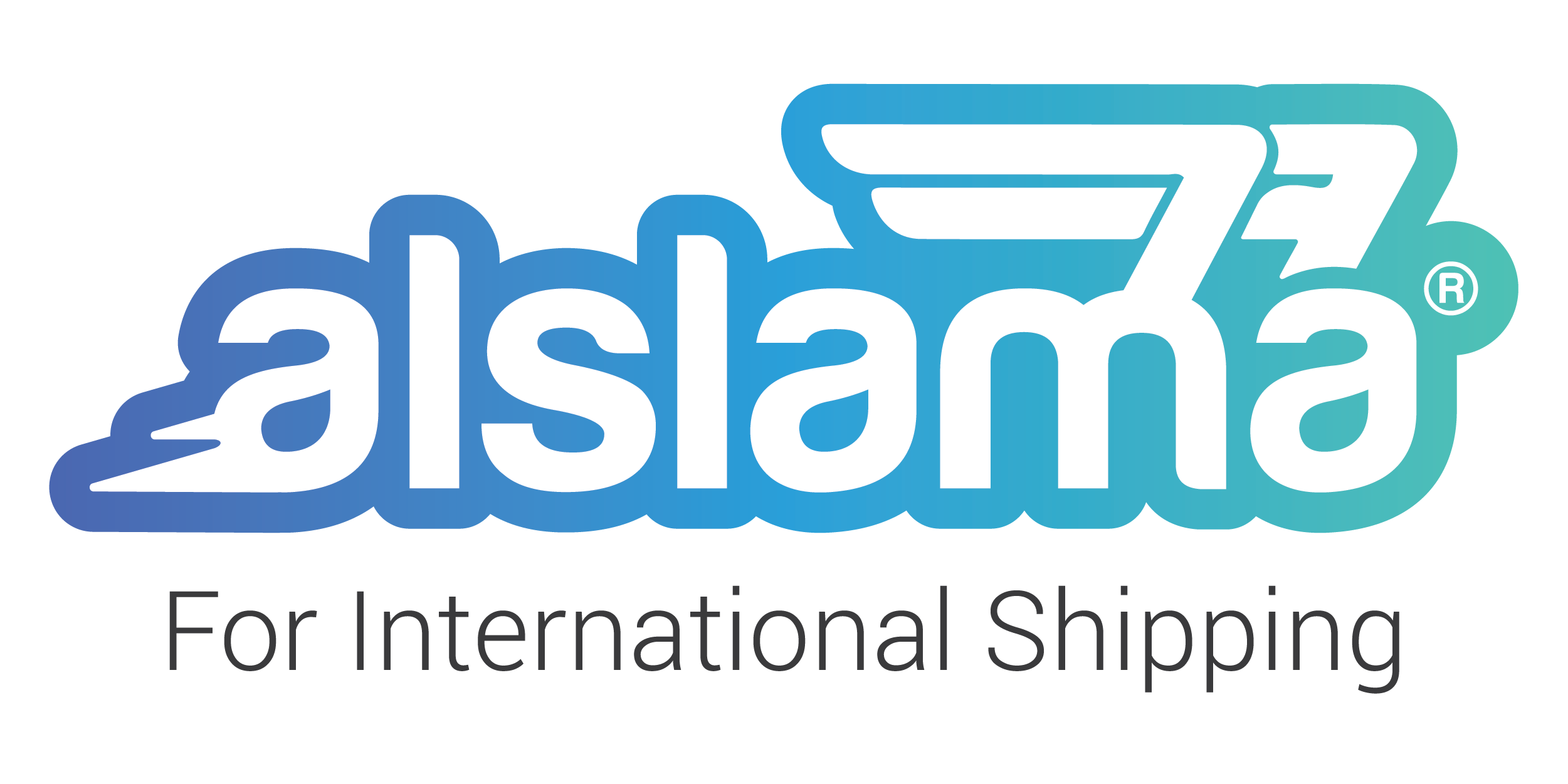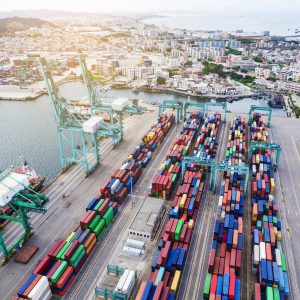High prices, sailing empty, port closures, and shortages of equipment and space are just a few of the problems facing companies today, particularly in the transport and logistics sector, due to the Coronavirus. The virus has left everyone in a state of shock.
No one expected shipping container prices to rise to the tune of $10,000 to $15,000, or that a massive shift in buying patterns would lead to a huge influx of products into the United States since the beginning of 2020.
The Coronavirus has changed consumption habits, from going out to dinner and watching a movie to buying a new TV screen and watching Netflix and ordering food from abroad.
Going to a nice place for vacation has changed to staying at home and starting a new hobby such as cooking, gardening, and home repairs, with most of the necessary supplies coming from abroad. All of this, and more, has had a significant impact on the flow of goods and the global shipping system.
Our global logistics system is extremely fragile and inflexible, with no sufficient capacity to absorb any shocks to the system. For example, there is no other nearby channel to use if the Suez Canal is blocked due to a ship’s tilt, which forces shipowners to take a difficult option, waiting and hoping for the best, or redirecting their ship’s route and traveling around Africa, adding 9650 kilometers to their journey.
We can build amazing ships capable of carrying 24,000 containers at once, but the ports that receive them are late by years in terms of capacity.
The benefits of increasing ship size in terms of efficiency and volume are lost in the days and weeks it takes to unload containers and transport them inland.
Major variables experienced by the logistics sector during the Corona crisis have put the logistics sector in a state of shock.
How do we deal with variables?
When speaking with a client, the most common topics of discussion are “how long will it take to get the space?” and “how much will the price increase?” They are all looking for knowledge to use in managing their business and customers. I hope to provide them with compelling solutions as we live in unusual times today.
In today’s industry, excellent customer service is essential. What does it mean to provide excellent customer service? Let me start by telling you what it’s not.
A few years ago, I needed to provide original shipping documents to a shipping company. I sent a package and watched it all night, but the next day it never arrived, contrary to what their website indicated. I called the customer service number, and within a few seconds, I was speaking to a friendly person.
When I inquired about whether they could monitor my package, they simply repeated what I saw on their website. I asked if they could contact the driver or delivery station, and they mentioned they couldn’t do both. When I asked if they could start searching, they said yes, but only if they had eight days to do so. After several minutes of hesitation, the customer service representative became angry and hung up the phone.
So, what went wrong? The representative on the phone was polite and professional. But he was unable to access real-time data, couldn’t locate new data, and most importantly, this incident is the reason why providing information is a priority at our company, “Safety.”
Our international partners are a gold mine of information when it comes to advising on prices, standards, peak season costs, and premium prices. That’s why we keep our customers up-to-date with the latest news from all over the world.




